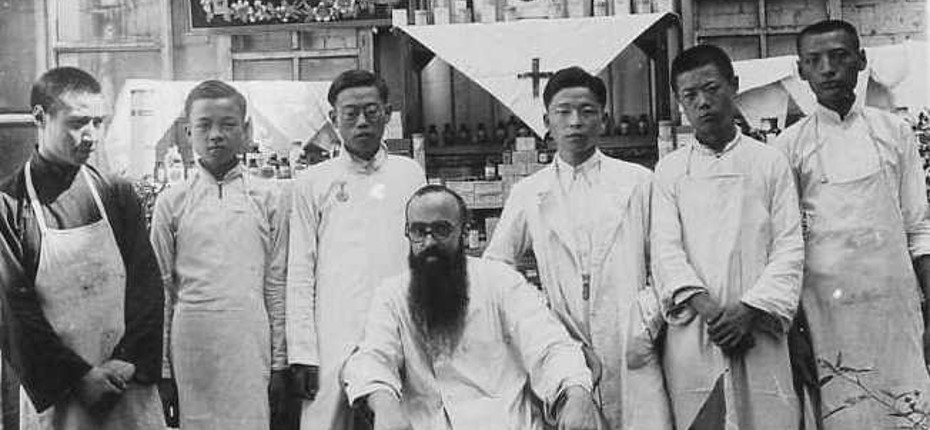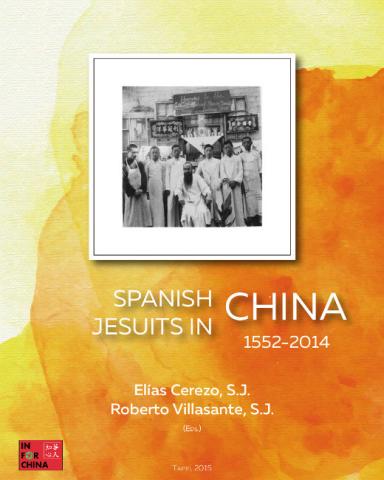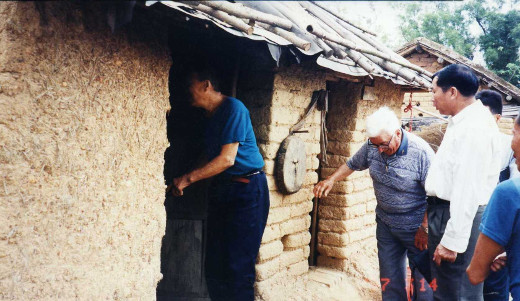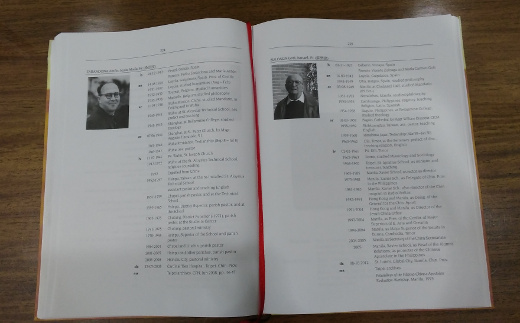

According to Roberto, few people know that it was Diego de Pantoja, Matteo Ricci’s successor in Beijing, who transcribed the five Chinese tones that all students of the Chinese language learn, or that he wrote a treaty of virtue, “The Seven Victories”, that was re-edited and included in 1778 by the Manchu Emperor Chien Lung in his collection of books at a time when the Jesuits were expelled from China. Another Spanish Jesuit, Pedro Gómez, was the first Westerner to arrive in Taiwan after a shipwreck in 1582.
There is also the story of two infirmarian Jesuit brothers, Yerro and Joaristi, who became well known in the provinces of Anhui and Anking, and nearby regions for their zeal and care for sick people who could not afford to see a doctor.

After the Chinese Communist Party came to power, the Jesuits were driven out of mainland China. The older Jesuits returned to their homeland and the rest scattered among different countries in Asia: Vietnam, Thailand, the Philippines or Taiwan.
In Taiwan, the Spanish Jesuits concentrated mainly in the area of Hsinchu, where they worked as parish priests among the indigenous people, the Hakkas and Hokkien. Some others devoted their lives to the youth ministry, university education or teaching in the Faculty of Theology. It was Fr Jose Ellacuría SJ who started the labour movement in Taiwan. Today the Taiwanese Church is an autonomous Church with its own priests and bishops, thanks to the work of hundreds of missionaries who came before.
Fr Luis Ruiz SJ, founder of Casa Ricci in Macau, stands out in the social apostolate sector for opening many leprosaria in China, and for caring for Chinese refugees who arrived in Macau soon after the war.

In his letter in the book, Fr John Lee Hua, Provincial of the Chinese Province said “I wish that this book will not only encourage future missionaries who are sent to the Chinese Province, but also the researchers who want to enter into this sea, still to be explored, of the Spanish missionaries living and working in China.”
There are still a handful of Spanish Jesuits working in the Chinese mission today, labouring alongside ethnic Chinese Jesuits and other Jesuit missionaries.
“The Chinese mission is now in a new stage that befits the context of our modern time. Our approach is now post-colonial: accompanying instead of leading, sharing instead of instructing,” said Fr Lee.






